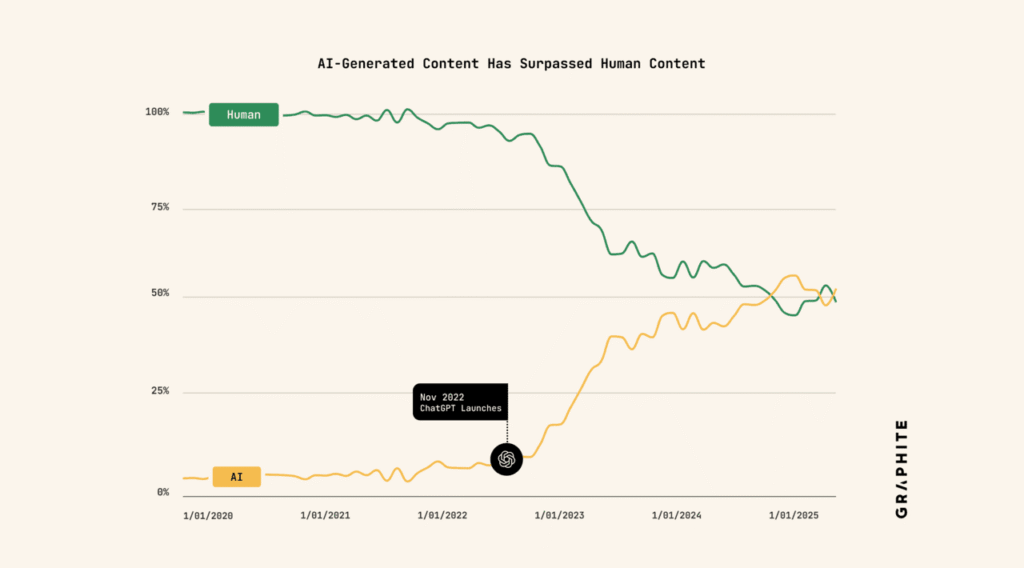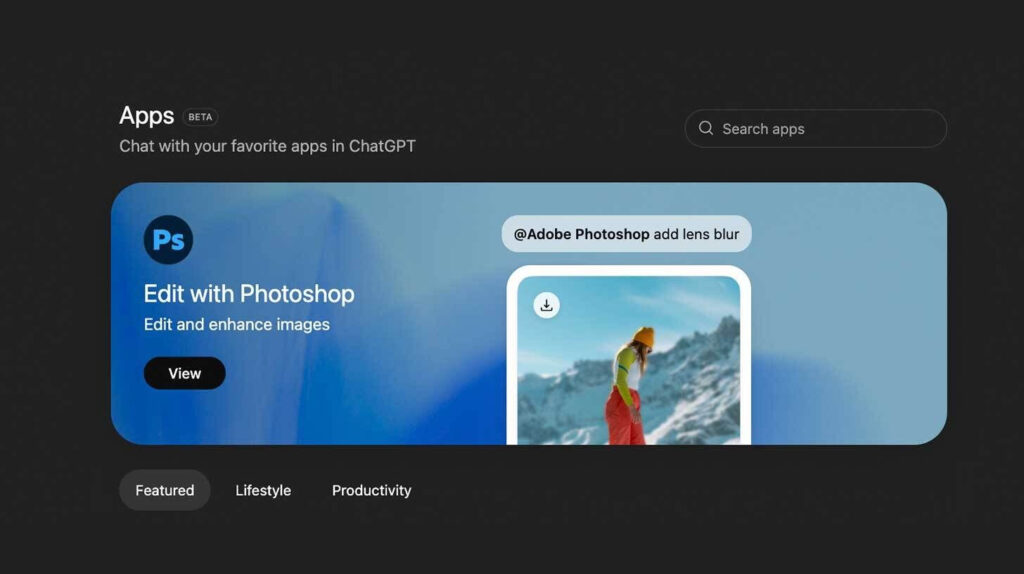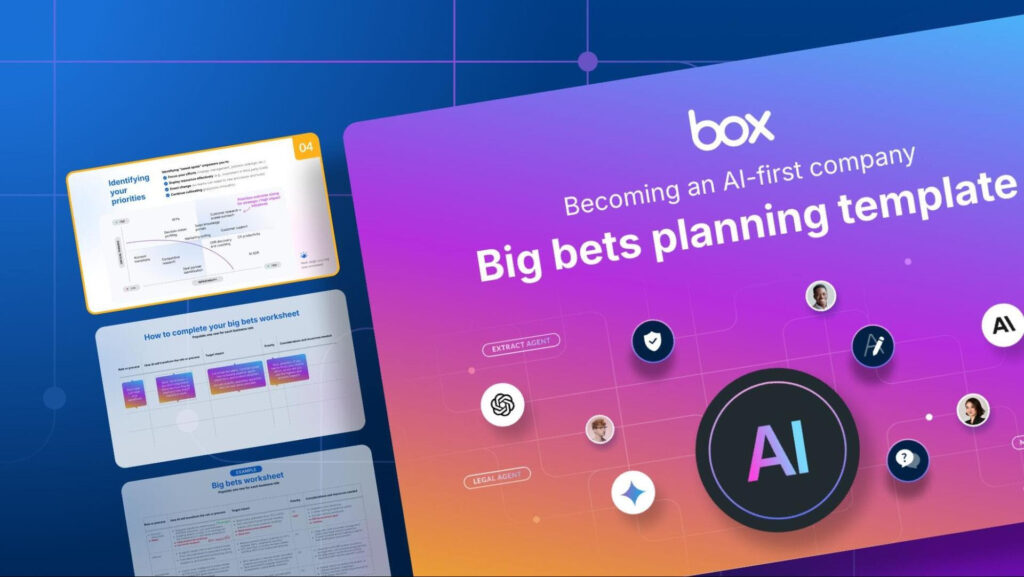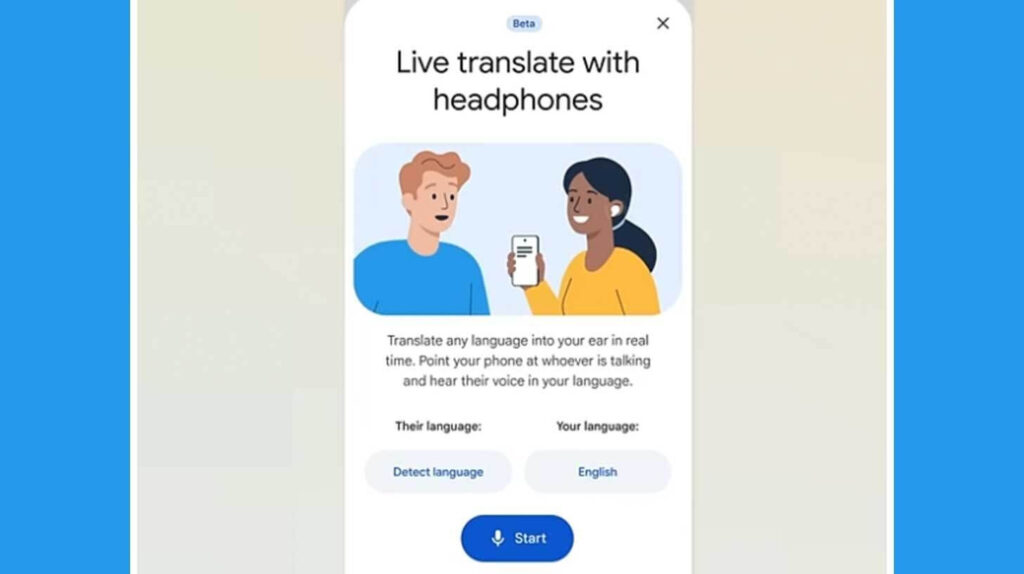A new study by Graphite has revealed that AI-generated articles temporarily surpassed those written by humans at the end of 2024. However, that surge has now stabilized — the internet today is almost evenly split between human and AI authors.
By analyzing 65,000 articles published between 2020 and 2025 using the Surfer AI detector, researchers tracked the share of AI-written content. Following the launch of ChatGPT, the volume of such content rose sharply, peaking in November 2024 when AI briefly dominated online publishing.
Since then, the trend has slowed. Researchers note that this stagnation stems from the realization that AI-generated texts do not perform as well on search engines as human-written articles. Automated content is being produced en masse but rarely provides the depth or value that keeps audiences engaged.
The study’s conclusion is clear — AI has become an equal, but not a dominant, author on the internet. While machines can generate vast amounts of text, only the human voice still brings authenticity, credibility, and nuance that algorithms cannot fully replicate.
In brief: Tech World Highlights
- Firefly Aerospace’s hopes for a rapid Alpha rocket launch mission failed after an explosion during testing.
- Elon Musk revealed that his company xAI is developing “Grokipedia,” which he claims will be a major improvement over Wikipedia and a step toward “understanding the universe.”
- Microsoft introduced Agent Mode in Excel and Word, along with the Office Agent in Copilot, enabling users to create tables, documents, and presentations through text commands.
- Opera launched Neon, a new AI browser capable of performing tasks autonomously on behalf of the user, available via a premium waitlist.
- Meta acquired startup Rivos, a chip development company, aiming to accelerate its own AI chip production and reduce reliance on Nvidia.
AI Trending Tools:









